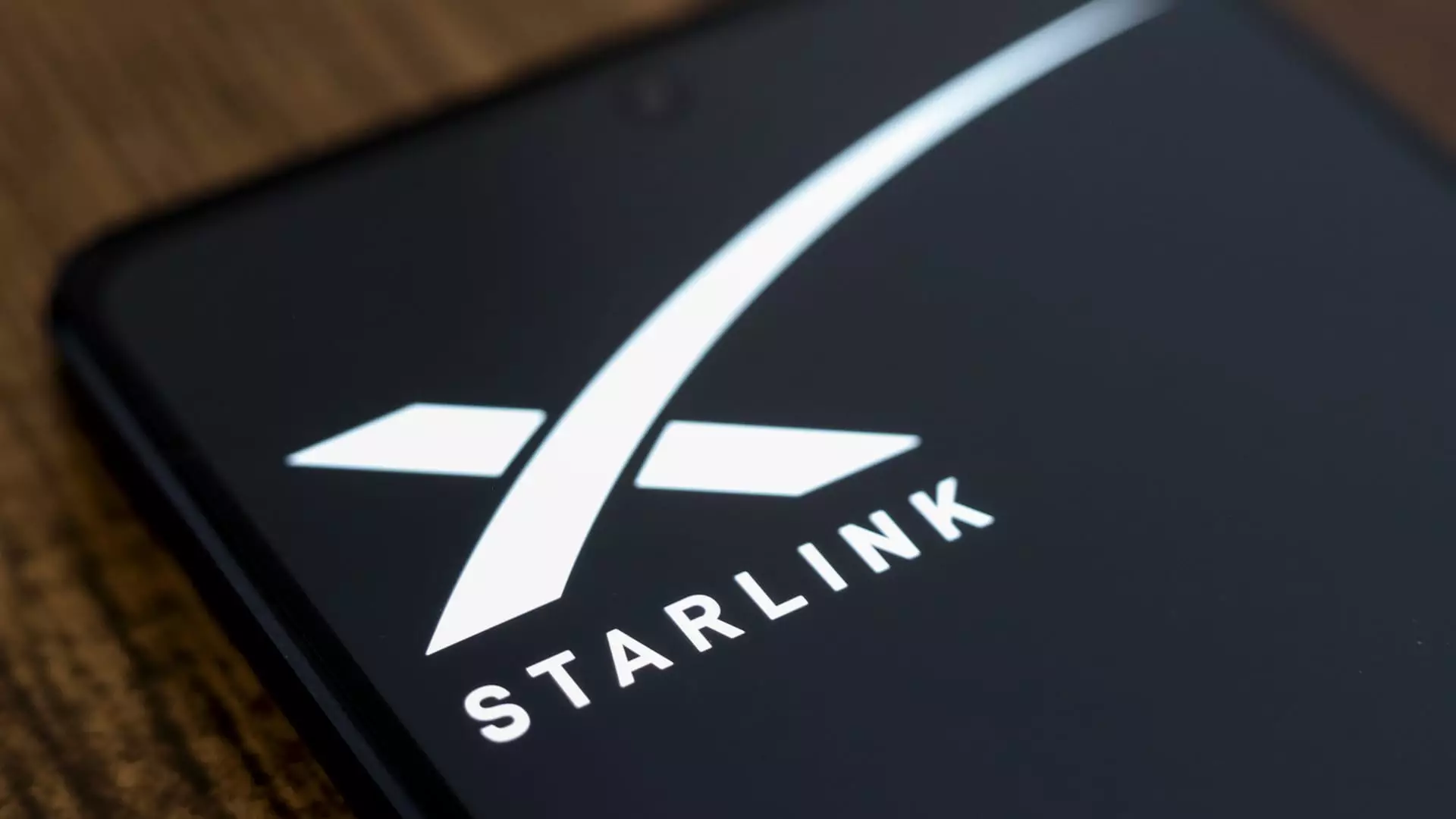The recent decision by Starlink, the satellite internet service owned by SpaceX, to block the social network X in Brazil has caused quite a stir. The move was made in order to comply with orders from Brazil’s supreme court, which had previously blocked X in the country for its failure to adhere to court orders and pay fines.
Legal Battle
Brazil’s top justice, Alexandre De Moraes, viewed both Elon Musk’s companies, Starlink and X, as working in concert. De Moraes issued orders that froze Starlink’s financial assets in Brazil to ensure X would pay its penalties. The social network X had refused to suspend accounts posting content that aimed to harm democratic institutions in the country, especially as Brazil was preparing for municipal elections in October.
The clash between Musk and the Brazilian government has been brewing for months. Musk has been openly critical of De Moraes, even going so far as to call him a “criminal” and comparing him to well-known villains like Darth Vader and Voldemort. Musk has also called for De Moraes’ impeachment, claiming that the justice’s orders amount to illegal censorship.
Repercussions
The decision to block X in Brazil has wider implications beyond just the social network itself. Anatel, the telecommunications regulator for Brazil, had threatened sanctions against Starlink if it did not comply with the court orders. This public clash between Musk and the Brazilian administration, led by President Luiz Inacio Lula da Silva, has escalated tensions.
International Attention
The controversy surrounding the suspension of X in Brazil has garnered international attention. President Lula expressed hope that the situation would demonstrate to the world that countries are not obligated to tolerate Musk’s interference just because of his wealth and influence. Musk’s statements and actions have raised concerns about government control over online speech and social networks.
As the legal battle continues to unfold, the future implications of Starlink blocking X in Brazil remain uncertain. Musk’s involvement and influence in the region, along with his ongoing feud with the government, have sparked debates about the limits of free speech and the role of tech giants in global politics.
The decision by Starlink to block X in Brazil has far-reaching consequences that extend beyond just the two companies involved. The clash between Elon Musk and the Brazilian government highlights the complexities of regulating online content and the power dynamics between tech billionaires and political authorities. It remains to be seen how this situation will unfold and what impact it will have on future interactions between technology companies and government entities.

